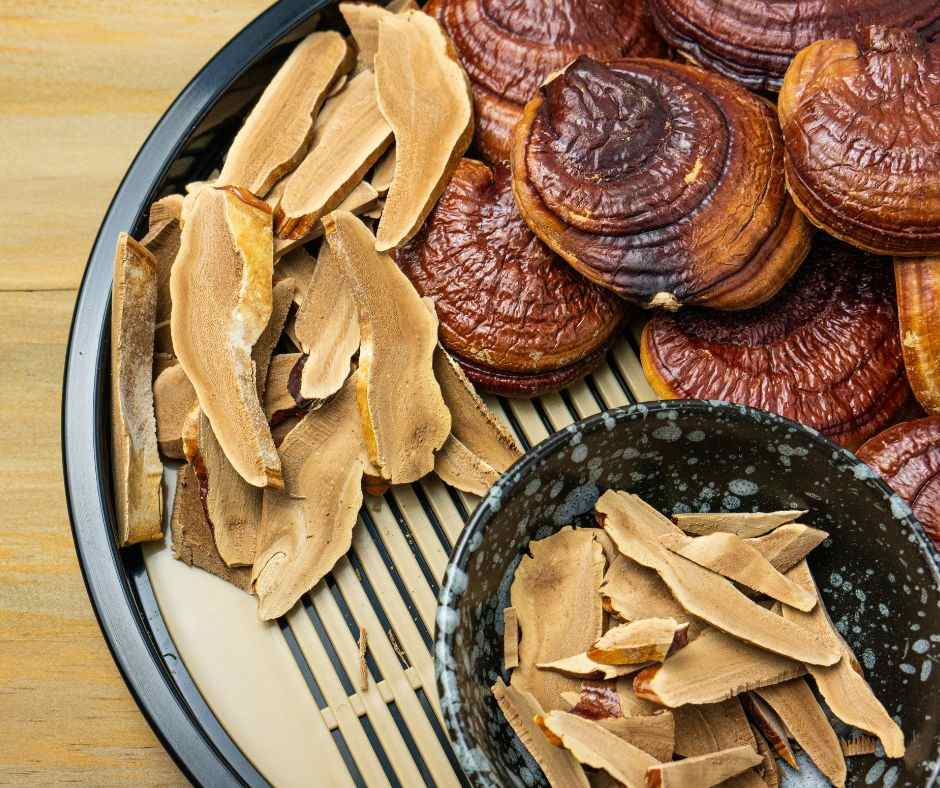The medicinal use of mushrooms has a long and hefty history dating back many thousands of years. Within Traditional Chinese Medicine many mushrooms are revered as potent longevity and immunity tonics. In recent years, mushrooms have gained massive popularity in the west and can now be found in all kinds of products. When taken regularly, medicinal mushrooms provide many benefits – they improve overall resilience and adaptability to stress and illness, and they provide the body (and mind) with essential nutrition and antioxidants.
Whether you add a powdered version to your morning coffee, take them as a tincture, pill, or strong tea, the healing potential of these powerful fungi can improve your overall wellbeing. The mushrooms below are best taken longer term as their effects build over time. I recommend stopping tonic herbs (like the mushrooms below) if you are currently fighting an acute “external pathogen” (i.e a common cold or virus). As always, check with your health care provider before adding any new herbal remedies or supplements to your routine.
Read on to learn which medicinal mushroom might be right for you:
Reishi Mushroom - Ganoderma lucidum (Ling Zhi)
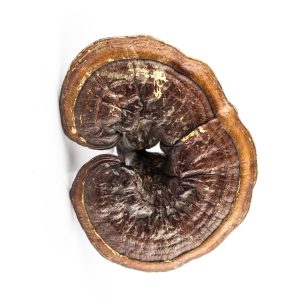 Reishi is a very powerful adaptogen mushroom that has the longest recorded history of use. In Traditional Chinese Medicine, Reishi has been used for thousands of years as a prized tonic that supports longevity and vitality through its strong immune boosting and modulating properties. The Chinese name for this mushroom – Ling Zhi – means “spiritual mushroom of longevity”.
Reishi is a very powerful adaptogen mushroom that has the longest recorded history of use. In Traditional Chinese Medicine, Reishi has been used for thousands of years as a prized tonic that supports longevity and vitality through its strong immune boosting and modulating properties. The Chinese name for this mushroom – Ling Zhi – means “spiritual mushroom of longevity”.
This mushroom is a great choice for fatigue, if you tend to get sick often, or if you have a weak immune system due to stress. It also works to supports the lungs when there is shortness of breath, cough, wheezing, or even low stamina. Reishi can also help the body detoxify, and it has shown some great promise during clinical trials for cancer treatment. In Chinese Medicine, Reishi is actually categorized based on its effect on the spirit. It calms and soothes the heart especially when there is insomnia and forgetfulness because of depletion, and it can be taken to help promote deep restorative sleep.
Cordyceps - Cordyceps sinensis (Dong Chong Xia Cao)
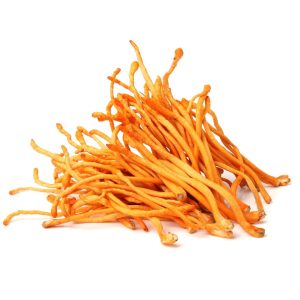 This “caterpillar fungus” is found growing in the wild out of insect larvae! However, the wild species of Cordyceps has become over harvested and is now considered limited. Luckily, producers have found ways to grow this fungus through fermentation, And there are other species of Cordyceps (Cordyceps militaris) that have very similar therapeutic benefits.
This “caterpillar fungus” is found growing in the wild out of insect larvae! However, the wild species of Cordyceps has become over harvested and is now considered limited. Luckily, producers have found ways to grow this fungus through fermentation, And there are other species of Cordyceps (Cordyceps militaris) that have very similar therapeutic benefits.
This herb focuses on building the yin and yang in the body and is very gentle and safe. Use Cordyceps to boost energy and endurance. It has been shown in clinical studies to improve uptake of oxygen into cells. Cordyceps helps to build a deeper sense of vitality especially if there is fatigue accompanied by a lack of warmth, a weak lower back, and some sexual dysfunction such as infertility or impotence. It can also be used if you have a chronic cough or wheezing. In Chinese Medicine it is often used for Kidney and Lung deficiencies.
Lions Mane Mushroom - Hericium erinaceus (Hou Tou Gu)
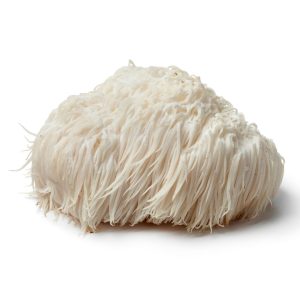 Lions mane has been used in asian cooking for millenia and is a well known healing food within Chinese Medicine. There are no known contraindications at this time. More recently, Lions Mane has been classified as a “nootropic” (used to enhance cognitive function).
Lions mane has been used in asian cooking for millenia and is a well known healing food within Chinese Medicine. There are no known contraindications at this time. More recently, Lions Mane has been classified as a “nootropic” (used to enhance cognitive function).
Use Lions Mane to boost memory and concentration and deeply assist the brain. Studies have shown that Lions Mane is rich in many health supportive compounds that improve brain function and help with nerve regeneration. These compounds are also neuro-protective, anti-tumor, and immuno-modulating. This has serious implications for diseases like dementia and alzheimers. Lions Mane also supports the immune system, helps to heal the digestion, and is strengthening overall.
Medicinal mushrooms have a long and rich history of use in many healing traditions, and today modern science is starting to prove all of their wonderful benefits! I hope this post helps you to get to know a few medicinal mushrooms and perhaps inspires you to try them out!
If you’d like to learn more about using herbs in your cooking you may enjoy my post about medicinal congees here. You may also enjoy my TCM Food Therapy Online course here.

